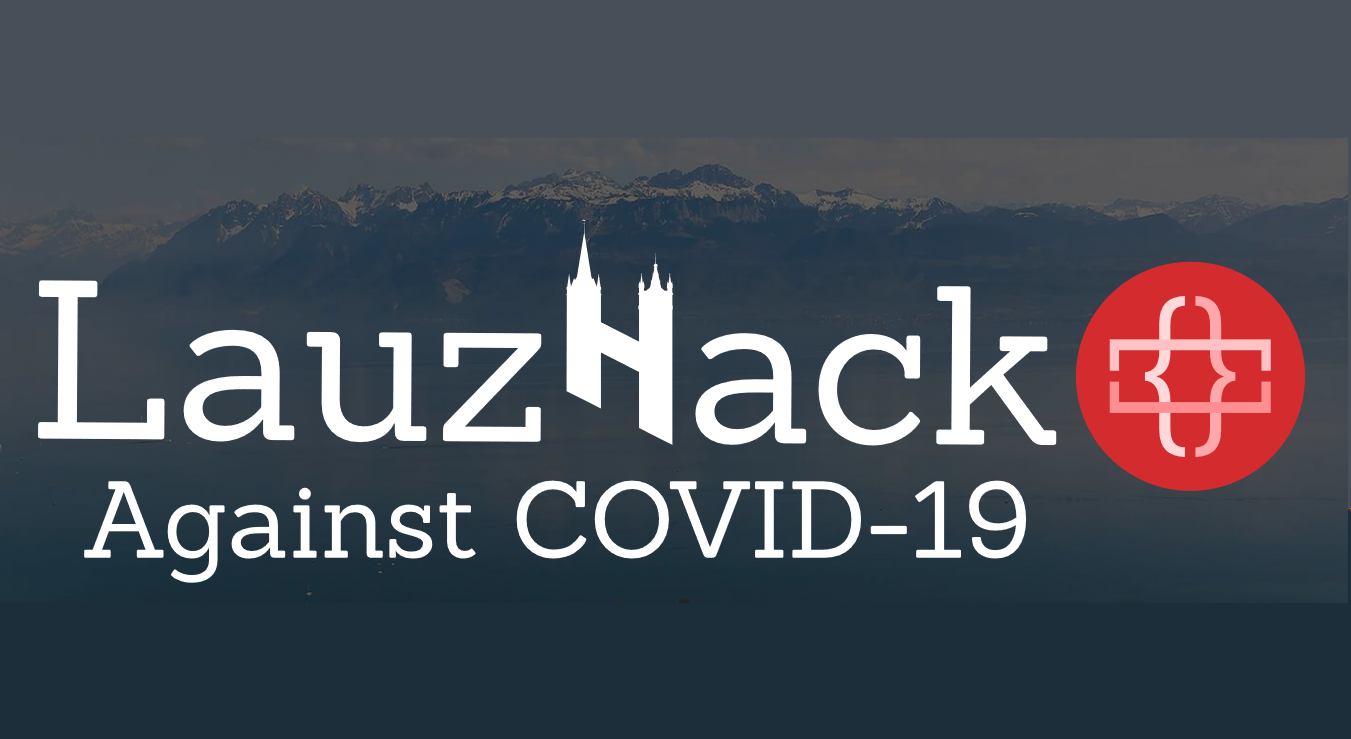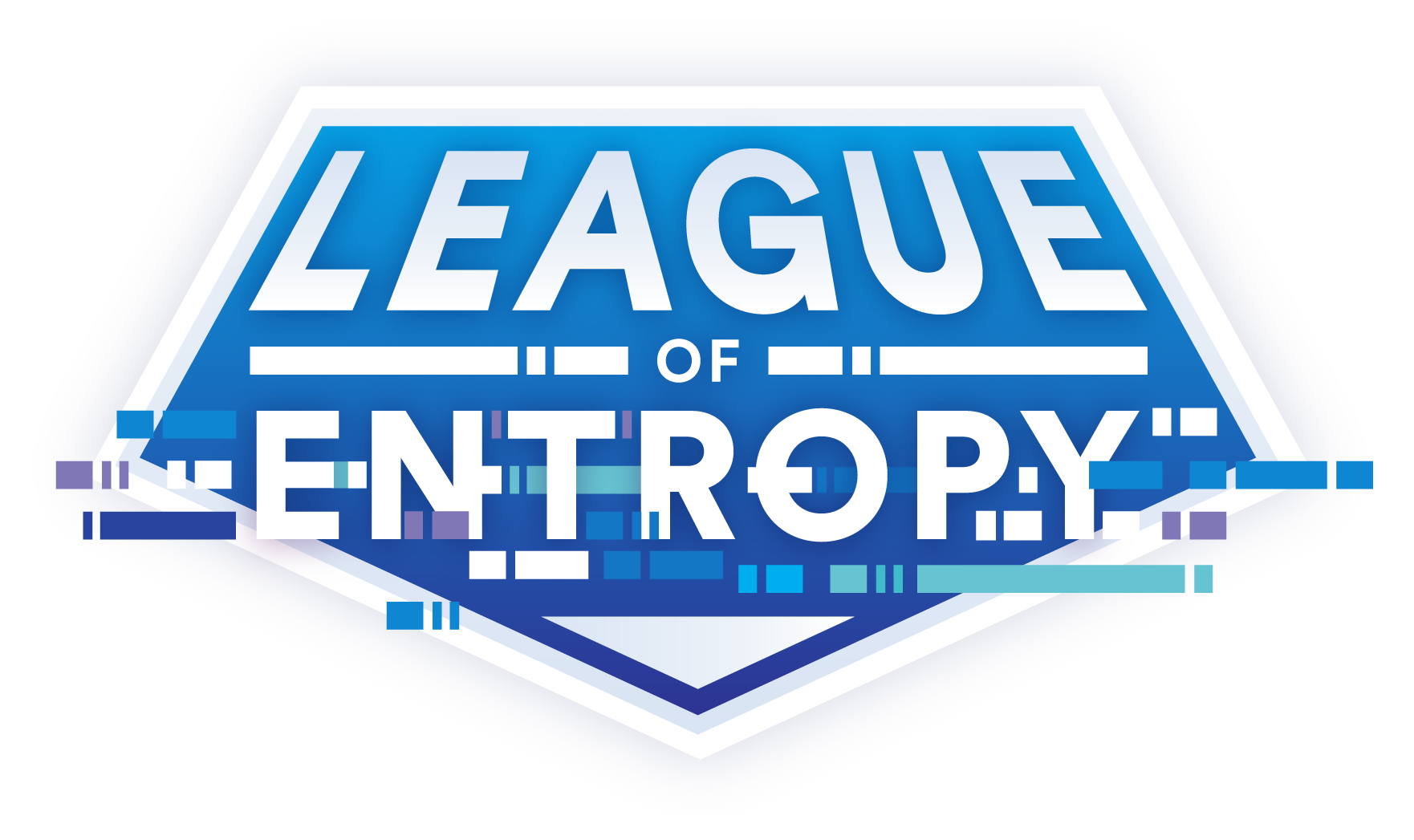Intended for professionals from the philanthropic and non-profit sectors, who see information and communication technologies (ICT) as an opportunity to better engage with beneficiaries and stakeholders, this 5-day course will give you and your organization the ability and the toolset to take more leadership
responsibilities in driving your digital transformation. The courses are developed by the Center for Digital Trust (C4DT) at EPFL, in close partnership with Fondation Lombard Odier.
The course will be held on 23-27 November 2020 entirely online.
For more information please click below.

Following the webinar SwissCovid (DP^3T project) – a proximity-tracing app against COVID-19: building trust in a technology solution organized today by C4DT, the explanations of journalist Marielle Savoy on the question of the population’s support for the Swisscovid application.
Click below to listen to the full report

According to Edouard Bugnion, Vice-President for Information Systems at EPFL, guaranteeing data protection is at the heart of the project: “This technology must not be abused for other purposes. The most important point of our approach is that the information collected always remains on the phone and is never shared, neither with Google and Apple, nor with the FOPH”, he explained in the 12h30 session.
Click below to listen to the full interview
In times of crises, we become acutely aware how important infrastructures are as a basis for society to continue to function … and to recover in the aftermath. But this is not only the question of the importance of foundational infrastructures, such as telecom, postal services, public transport and electricity, it is also the question of their resilience. In this webinar, we will discuss these questions for the case of Switzerland, together with representatives of the major Swiss infrastructure providers – Swissgrid, SBB, Swiss Post and Swisscom. The webinar will be introduced and moderated by Prof. Matthias Finger, Swiss Post Chair in Management of Network Industries at EPFL and will benefit from the critical view of a representative of the Swiss Confederation in charge of the national security network.
Wednesday, June 2nd, 10:30-12:00, remote.
For more information click below.

Three companies, including Sicpa, have imagined a mobile application for the patients to certify that a person has been infected. Responding to a call for projects from the French Ministry of Defence, a consortium of three companies (Sicpa, OpenHealth and Guardtime) has just proposed a first turnkey solution. For more information click below to read the article which appeared in the French journal ‘Le Journal du Dimanche’.

C4DT’s lead developer, Linus Gasser, participated in last weekend’s LauzHack Against COVID-19, which is a 72h online hackathon dedicated to fighting the coronavirus crisis, to develop an app called Indie-Pocket. It uses various sensor data from the smartphone and a supervised classification technique to decipher in which pocket/body location the smartphone is located at that time. This inference will help measure distance between people’s phones via Bluetooth as part of EPFL’s privacy-preserving proximity tracking work, an EPFL project referred to as PEPP-PT. For more information, click below.
Following the postponement of conference, the new dates have been confirmed: 16-17th of November 2020. Wide application of AI technologies has enormous benefits, but it also presents unprecedented challenges in terms of privacy, cybersecurity, consumer rights and ethics. As societal expectations evolve, lack of clear global rules & slow pace of policy developments in this area presents a major challenge to businesses worldwide. RegHorizon’s AI Policy Conference is organized in collaboration with the ETHZ and will focus mainly on the role policy frameworks can play for AI’s future development. For more information please click below.
November 16th & 17th, 2020, 14h-19h online
C4DT’s Factory provides a hands-on technical training for C4DT partners on a library called Drynx. Drynx allows to create privacy-preserving queries on encrypted datasets that are stored at different data providers who don’t want to share the original data. Please note that this event is for C4DT partners only.
For more information and to access the program, please click below…
March 6th, 2020, 09:00-16:00 @ EPFL Building BC (room to be confirmed), 1014 Ecublens, Switzerland.
For the “Foundation of ICT and Digital Trust” course organized by C4DT, I gave a 1h-slot on distributed trust and blockchains. Here is the link to the slides: Google Doc presentation
In this talk, Dan Bogdanov will start by introducing secure computing technologies and their potential in enterprise and government use. He will then look at a focus group study of the barriers of adopting such technologies based on interviews in many industries.
September 4, 2019 @ 14:15 in BC 410
This course is intended for professionals—decision makers, advisers, lawyers—from organizations which, like ICRC, see information and communication technologies (ICT) as an opportunity to better engage with beneficiaries and clients.
The next course will be held on 25-29 November 2019 @ Humanitarium, ICRC headquarters in Geneva.
The Cyber-Defense Campus holds its inaugural Conference on Artificial Intelligence in Defence and Security on the 5-6 September 2019 at the SwissTech Center in Lausanne. Speakers will be drawn internationally from all defence and security areas of industry, academia, military and government. The discussed AI topics will range from new scientific findings to the benefits and usability of AI techniques. For more information please click here…

On the 17th of June a new consortium consisting of EPFL, Cloudfare, Kudelski Security, Protocol Labs, and the University of Chile announced the creation of The League of Entropy, collaborative project between its founding members to produce a publicly available, verifiable, distributed randomness beacon: a service that provides unpredictable, truly unbiased and third-party verifiable random numbers at regular intervals, for anyone that may need a public source of randomness, an industry first.
This conference, organized by the University of Geneva and the Hebrew University of Jerusalem, aims at presenting selected legal and policy aspects of cybersecurity in a crosscutting approach. C4DT’s Sotiria Kechagia participates in this event via a talk on “Liability, privacy and security in medical data sharing: The Swiss experience”.
Thursday, June 20th, 2019 @ 9h00-17h00 University of Geneva, Boulevard du Pont d’Arve 40, 1204 Genève, Room MR080
By Prof. Wei Meng, Chinese University of Hong Kong
Click is the prominent way that users interact with web applications. Attackers aim to intercept genuine user clicks to either send malicious commands to another application on behalf of the user or fabricate realistic ad click traffic. In this talk, Prof. Wei Meng investigates the click interception practices on the Web.
Tuesday July 23rd, 2019 @10:00, room BC 420
by Prof. Raluca Popa, UC Berkeley
Many organizations wish to collaboratively train machine learning models on their combined datasets for a common benefit (e.g., better medical research, or fraud detection). However, they often cannot share their plaintext datasets due to privacy concerns and/or business competition. In this talk, Helen will be presented, a system that allows multiple parties to train a linear model without revealing their data, a setting we call coopetitive learning.

On the 4th of June, the Council of States debated the Swiss law on e-ID (Federal Act on Electronic Identification Services, LSIE). C4DT’s academic director Prof. Jean-Pierre Hubaux wrote an article on the topic for the Swiss French-language daily newspaper ‘Le Temps’, in which he favors state control of all e-ID processes with private sector engagement.
Read the article by clicking on the following link.
The C4DT Workshop on the difficulties of deploying E-Voting will take place on Friday June 7th from 10:00 to 12:00 in conference room BC 420. Professors Carmela Troncoso, Bryan Ford and Edouard Bugnion will be welcoming Mr. Denis Morel and Mr. Olivier Esseiva from Swiss Post, Mr. Christophe Vigouroux from l’État de Genève, and Mr. Thomas Hofer formerly from l’État de Genève.
The School of Computer and Communication Sciences (IC) invites you all to attend this year’s IC Research Day, held at EPFL’s SwissTech Convention Center on the 6th of June, where world-leading experts will present and discuss their work toward building trust in a digital world. EPFL researchers will showcase ongoing research projects and engage with the audience.
Registration is free. Discover the full program here…
This conference will take place at the University of Lausanne on May 13th & 14th in the context of the CANVAS EU project. Many international experts will give presentations, in particular governmental CERT representatives. Participation is free of charge but registration is mandatory as the number of places is limited to 90 participants.
In this talk, Nicolas Badoux presents MinFuzz, his approach to discover and remove prunable code blocks to improve fuzzing effectiveness. First, he will discuss which computations are “skippable”. His system targets particularly decompression, decryption, and checksum computations […]
MedCo, developed in the LDS lab of professor Jean-Pierre Hubaux in collaboration with professor Bryan Ford’s DEDIS lab and the Lausanne University Hospital (CHUV), is the first operational system that makes sensitive medical-data available for research in a simple, privacy-conscious and secure way. It enables hundreds of clinical sites to collectively protect their data and to securely share them with investigators, without single points of failure. MedCo applies advanced privacy-enhancing techniques, such as: Multi-party homomorphic encryption, Secure distributed protocols and Differential privacy.
More than one million families are separated due to conflicts. The ICRC and the EPFL through C4DT partnership have set themselves a challenge to analyse publicly available data through analytics techniques to identify missing persons that would arguably not have been identified using current, conventional methods. The goal of this project is to facilitate the search for missing individuals by building scalable, accurate systems tailored for that purpose.





